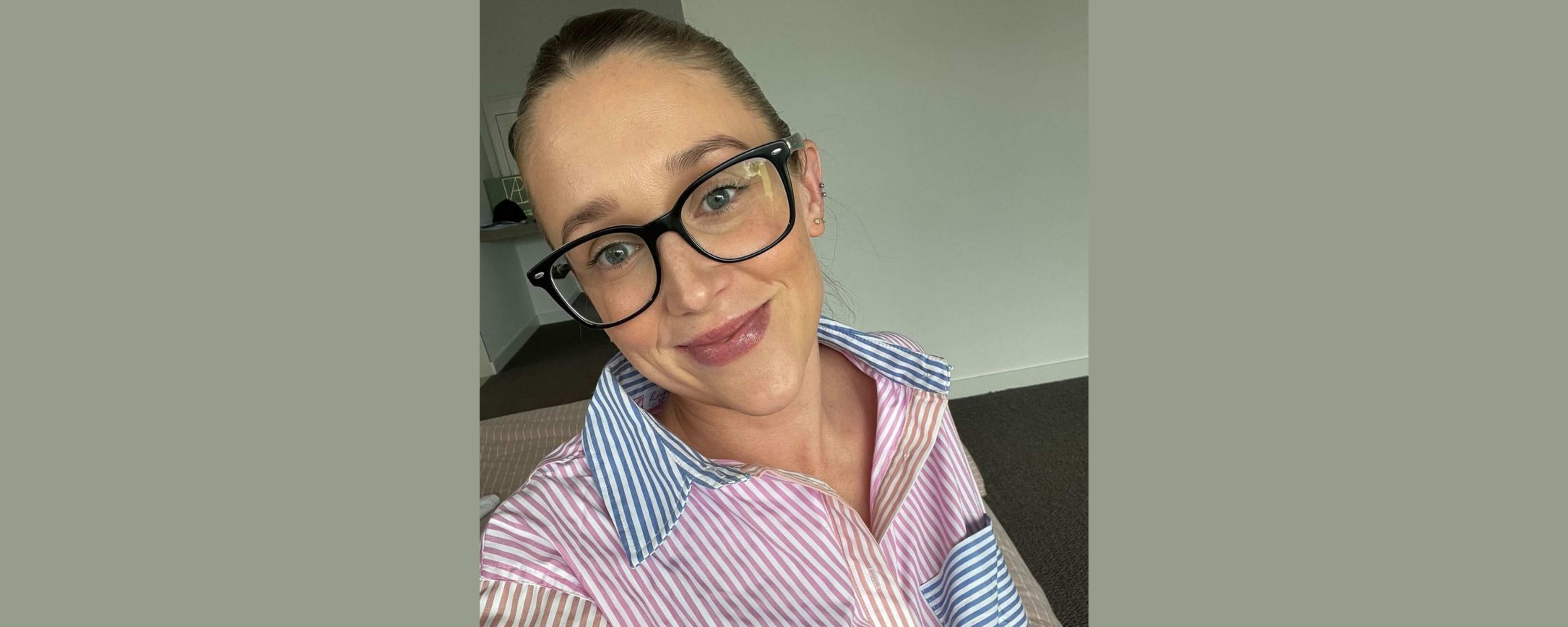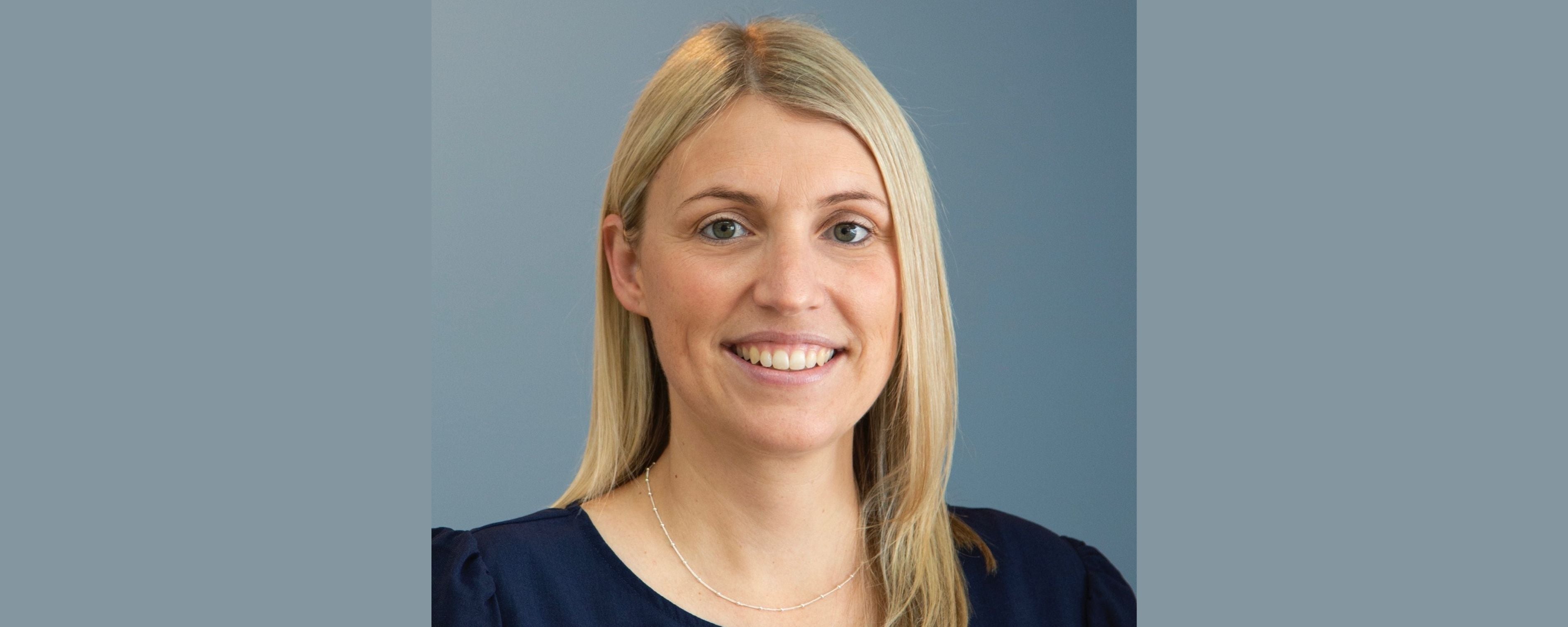Becoming a mama can be one of life’s biggest moments. While there can be incredible highs, there can also be many lows and unexpected challenges along the way.

Mamas can encounter a range of symptoms and experiences that they don’t expect during their postpartum period. While many of these symptoms are normal, they can come as an unwelcome shock.
That’s why we’re thrilled to be chatting with Caitlin Murphy, a Registered Midwife and Nurse based in Melbourne. Caitlin is the Founder of Maternally Happy, a proactive health platform helping mamas navigate all stages of motherhood, boasting a range of holistic products, recipes and educational content.
In this blog, Caitlin explains what common postpartum symptoms mamas might experience, why our breastfeeding journey might not always go to plan and her words of support for mamas navigating unexpected postpartum shocks.
Common postpartum experiences (and how to navigate them)
There can be a lot of focus on what to expect during pregnancy. However, there are plenty of other symptoms and experiences to navigate in our postpartum period, too.
Often referred to as our fourth trimester, Caitlin reveals our postpartum period can be filled with a range of unexpected experiences, including:
-
Night sweats: “All the extra fluids and hormones from pregnancy can lead to excess sweat, which is often most noticeable during those precious few hours of sleep you get at night. It’s not uncommon to wake up damp or even drenched. Like most postpartum symptoms, the perspiration will taper off as your hormones regulate,” explains Caitlin.
- Leaking: Caitlin explains this can sometimes present as feeling like your organs are falling out. “If this is happening to you, PLEASE see a women's health physiotherapist or osteopath (you should really see them regardless of symptoms) during and after your pregnancy.”
- Caitlin goes on to explain, “while weakness does certainly occur in our muscles during this time, peeing our pants, increased urgency or feeling like something is going to fall out of our vagina should never be accepted as the new norm.”
-
“I highly recommend giving Core + Floor Restore a follow as she shares some fabulous exercises and has an incredible 8 week self paced program to help restore our pelvic floor.”
-
Phantom crying: “Yes, this is when you think your baby is crying but they're actually asleep for once. This can occur due to a combination of stress and sleep deprivation.”
- Haemorrhoids: “These may not always occur but the increased pressure during pregnancy and then pushing and straining in labour certainly makes you more susceptible to developing them,” Caitlin reveals.
- “You can try using witch hazel soaked on a pad (this has astringent and anti-inflammatory properties) or even taking a sitz bath for relief (Mère Botanicals and Seasons of Mama have some beautiful blends).”
-
“Otherwise, rectinol works as a treatment (haemorrhoid cream) and should be prescribed by your health professional.”
- Sudden anger, rage, guilt or shame: “These are all common feelings due to changes in our hormones, routine, sleep deprivation and feeling tapped out. Have open communication with your partner, family, friends and your health professional about this,” reveals Caitlin.
- “You are not a bad parent, I repeat, you are not a bad parent for having these feelings. Believe it or not they can be extremely normal and common as you are trying to navigate life as a new mum.”
- “Meditation, deep breathing, self care and adaptogens can all be beneficial! If these feelings ever become overwhelming and start to affect your everyday life, it is important to seek additional help and support.”
If these feelings are coming up for you, take a read of our recent blog about postnatal anxiety and depression, featuring the inspiring perinatal mental health advocate, Jade Tolhurst.
- Hair loss: “Women commonly talk about postpartum hair loss, but it never fails to surprise a new mother when they finally experience it for themselves. A plummet in oestrogen postpartum causes hair to fall out,” tells Caitlin.
- “Hair loss usually peaks around four months postpartum and it can seem quite drastic as sometimes loss can be heavy. Try to refrain from using too much heat styling and try supplements such as silica, collagen (Maternally Happy has a bioavailable collagen which contains organic superfoods rich in vitamin C), wheatgrass, biotin and a nutrient rich diet can all be helpful.”
- Swelling (also known as Oedema): “After birth, excess fluid is gradually eliminated through urine and sweat. During this process, swelling in the legs, feet, or hands is quite common in the postpartum period. This can be greatly exacerbated if an IV was used during your labor.”
- “Significant swelling should ease within one week. Some great ways to help ease swelling are elevating your legs, increasing water consumption, massage, epsom salt baths, nettles and dandelions, supportive stockings and minimising processed foods, refined salt and coffee.”
- Constipation: “Yes this can continue or commence postpartum (so unfair, I know!). Over 60% of women develop constipation in the postpartum period. Many women also report having difficulty with their first few bowel movements following birth due to discomfort from possible tearing, stitches, or hemorrhoids, and the idea of pushing again shortly after birthing.”
- “Pain relief taken during labour or after birth can also contribute to constipation. Labour itself will slow digestion so broths, soups and foods that are easy to digest in the first few days after birth are important.”
If you’re looking to prevent or minimise the chance of constipation, Caitlin recommends, “stay hydrated, incorporate fats, probiotics and fermented foods as well as magnesium rich foods. Magnesium citrate is also great for loosening stools (but make sure to see your health professional about this)”.
“If you are suffering from constipation it is important to try and minimise pasteurised dairy, processed foods and caffeine. If you are taking iron, make sure it is a bioavailable form as some iron on the market can be incredibly constipating. Oh and invest in a squatty potty! This is great for efficient poops and allows the puborectalis muscle to relax,” shares Caitlin.
- Lochia (a.k.a. blood loss): “Lochia is the postpartum bleeding that occurs in the weeks post birth. It consists of blood, tissue shed from the lining of the uterus, and bacteria. Bleeding is normally quite heavy in the first week postpartum (a bit like a heavy period).”
- “After the first week, lochia will change to more of a normal light period flow, and go from bright red to a deeper brown. On average, bleeding usually lasts between four to six weeks.”
- “If blood flow becomes heavy again or you are passing clots, it is important to seek immediate medical attention. Using organic cotton pads is important to monitor loss (avoid tampons due to the risk of infection). A focus on iron-rich foods is necessary to replete blood loss, both from birth and ongoing lochia.”
What mamas might not expected when breastfeeding
Caitlin explains that, “unfortunately breastfeeding can be difficult. It sometimes doesn't come naturally and requires you and your baby to work together.”
“One of the things many women can find surprising is that we don't produce milk straight away,” shares Caitlin. “Colostrum is incredibly beneficial for a baby's immune system development and is calorie dense. They only need a little bit! Your milk will begin to come in around day three to five (and this can be earlier or later depending on a number of other factors).”
Plus there are a range of other experiences we might not expect at the beginning of our breastfeeding journey, including:
-
Nipple pain and cracking: Caitlin explains that, “this could be a sign your baby is not attaching or latching on properly, and it can also be the sign of a tongue tie. If this happens or you experience any nipple damage please check with your midwife or lactation consultant for ways of troubleshooting.”
-
Babies can be sleepy or fussy at the breast: find out more about breastfeeding and sleep in our recent chat with Registered Midwife and IBCLC, Jessica Kahan.
-
Variations in our milk supply: both undersupply and oversupply can occur, especially when our milk supply is first establishing itself.
-
Finding a comfortable position can prove quite difficult: Side-lying, football hold, cradle hold, upright/koala hold, dangling: the list goes on. Caitlin recommends finding what is comfortable for you and what works for you and baby.
- Back and/or neck pain: Posture is important! If neck or back pain persists, Caitlin recommends doing some gentle exercises and going to an Osteopath or Physiotherapist.
Caitlin also advises that women try breast massage (our very own Lactamo ball is the perfect tool to help facilitate breast massage) in particular to help you navigate those first few days and weeks of your breastfeeding journey.
“Breast massage can be extremely beneficial for when your milk is coming in and if you experience blocked ducts, engorgement, mastitis, oversupply or undersupply. Massage can provide comfort as well as relief!”
The importance of being kind to yourself in your postpartum period
There is a lot going on in your postpartum period, mama. So, Caitlin shares some generous words of wisdom to help you navigate this time.
“Our modern day society leads women to believe that they can, or should, regain their pre-pregnancy body immediately after their baby is born. ‘Bouncing back’ is perceived as one of the greatest compliments you can give a new mother,” shares Caitlin.
“But, bouncing back is such an unrealistic expectation modern day society has created. When a baby is born, so too is the mother. We must not forget this. It is important for new mums to remember that you’re exactly where you’re meant to be. Be kind, be patient and take your time. Don't compare yourself to anyone elses journey.”
If in doubt, please always consult your healthcare professional.







